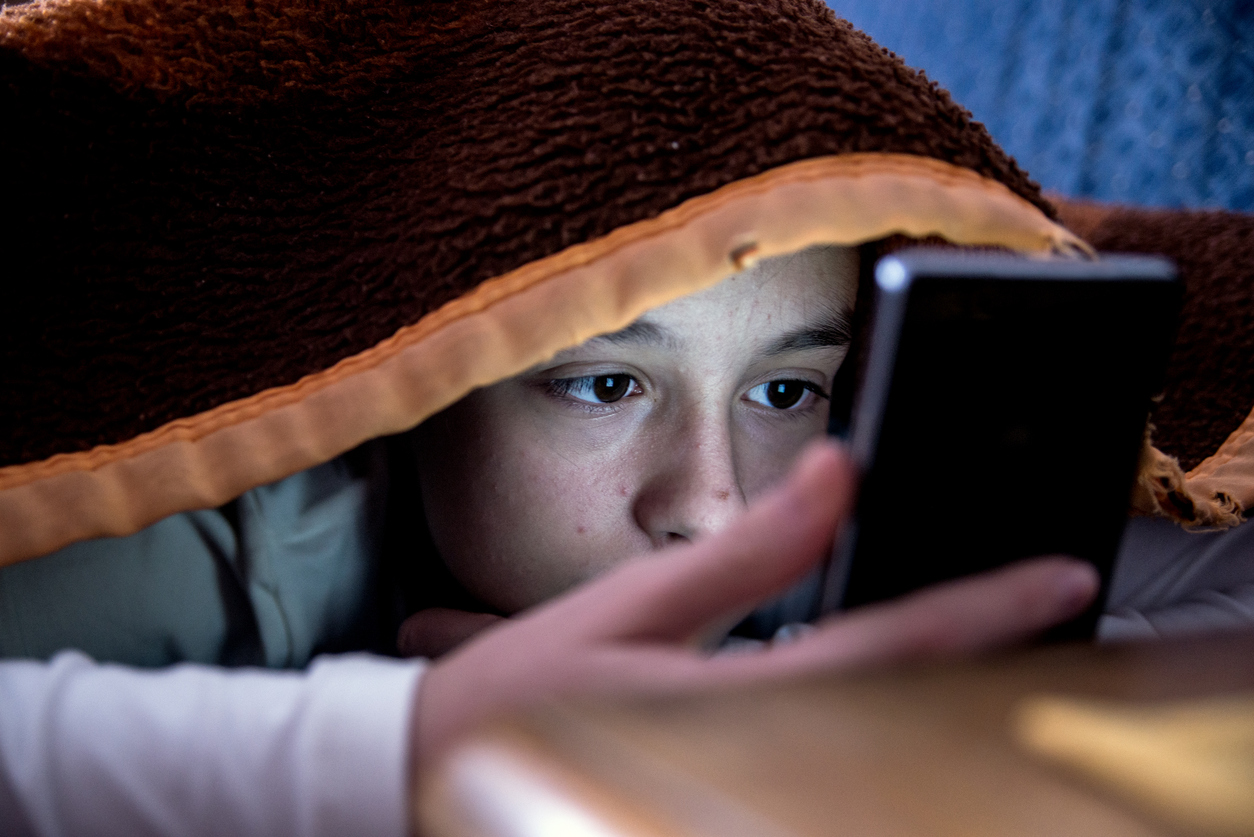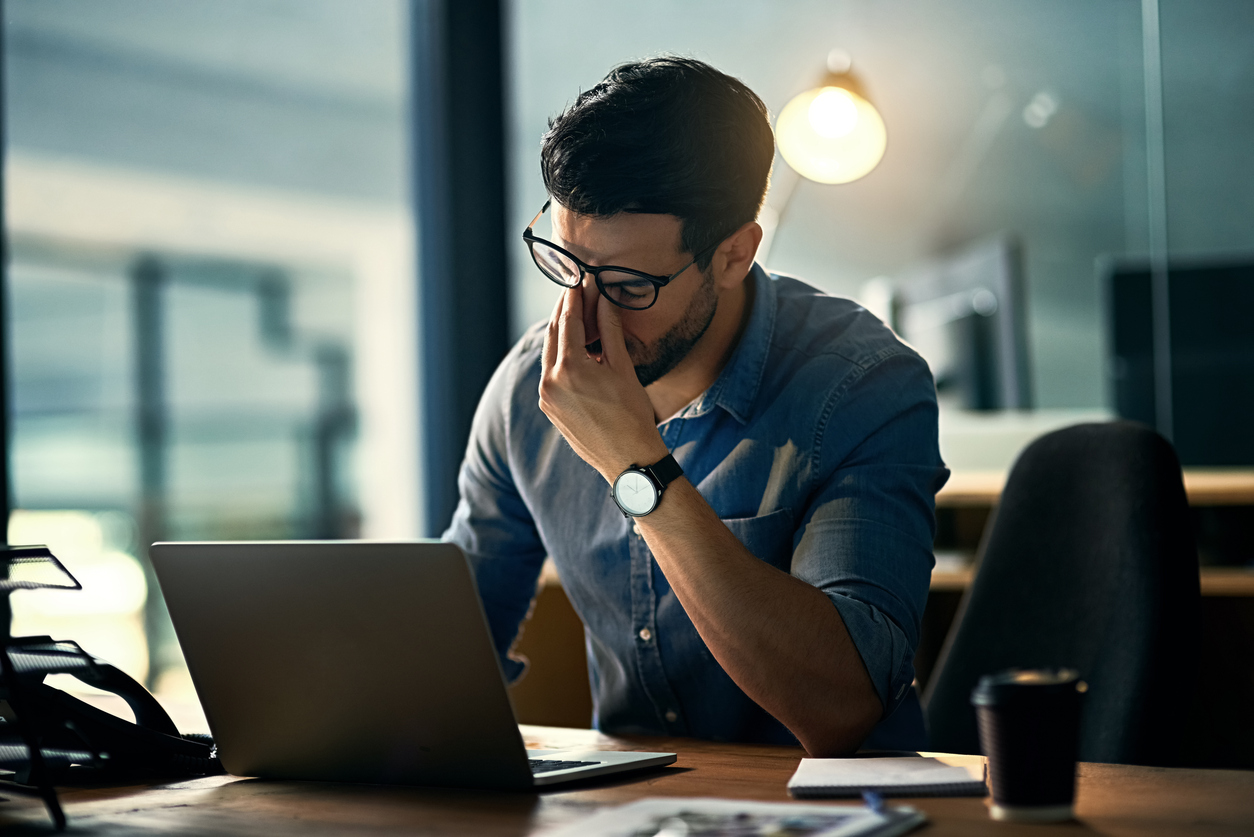Blue Light & Your Eyes

There’s been a lot of talk in the media lately about blue light; its potential to harm our eyes and even cause eventual blindness. For those unfamiliar with the conversation, blue light emits high energy in short wavelengths (between 400 and 450nm), reaching deeper into the eye than yellow light. We’re exposed to it through technology; smartphones, tablets and computer screens, for example. And while some recent studies suggest this exposure will have detrimental effects on our eyesight, Antonio Uceda-Montanes, Consultant Ophthalmic Surgeon at Optilase Eye Clinic, says that at this stage, it’s too early to tell what that damage might look like.
Eye Damage Yet to be Seen
“We’ve only been using mobile phones and tablets for the last 10 years”, Antonio begins. “This kind of damage is not going to happen overnight. Maybe in 20 years we’ll start seeing patients – young patients I’m afraid – who’ve been using phones and computers, with some damage that we’ve never seen before. For now, it’s yet to be seen in clinical practise.”

Using Devices at Night
Why does Antonio specifically cite young people? “They have very clear lenses”, he explains. “Think of the typical image of a teenager lying in bed, lights off, looking at their phone or tablet. This is the most dangerous situation, because the pupils dilate and become large, allowing the maximum blue light in. They have no defence against that. So yes, I’ve a strong suspicion that this could do damage in the future. I’m convinced that we’ll see young people with macular lesions due to a chronic exposure to blue light.”
Office Environments
Antonio says that the common symptoms many people attribute to blue light – headaches, dry eyes, fatigue – are likely caused by their everyday working environment. “Most people work in offices with artificial light, air conditioning, and computers,” he says. “All of that creates an unfriendly environment for the ocular surface.” According to Antonio, it’s actually the things we do without thinking in the office that put excess strain our eyes. “People looking at computers all day tend to blink less”, he explains, “so dry eye becomes an issue. Reading documents without the proper prescription, or working at the wrong distance from your screen will cause grittiness in the eyes, and headaches. It’s the main complaint in optometry and ophthalmology clinics.”

How to Counteract Symptoms
Luckily, there are ways to protect your eyes. “First of all,” says Antonio, “get your eyesight tested regularly. Then, remember to take breaks from screens, and avoid reading continuously.” Given the hot summer we’ve just experienced, lots of offices have likely had the air con on at full blast, while heating’s probably just around the corner! “Both these things will cause dryness”, says Antonio, “so you need to use some sort of lubrication.” Remember also to consider your office’s lighting, as it may be another culprit. “Lights, either too bright or too dim, could be a problem, as you may have to squint to see. All of these factors need to be taken into consideration.”
Find out more about the benefits you can get with Optilase if you are an Irish Life Health member, here.
Created November 2018.